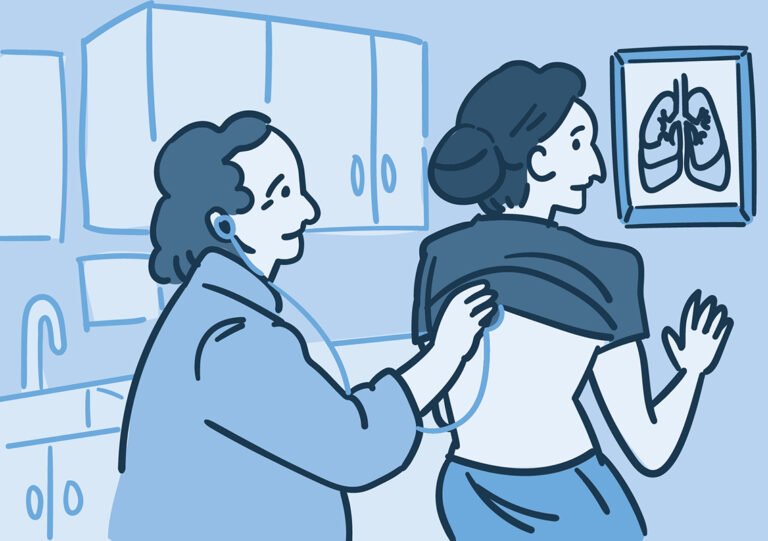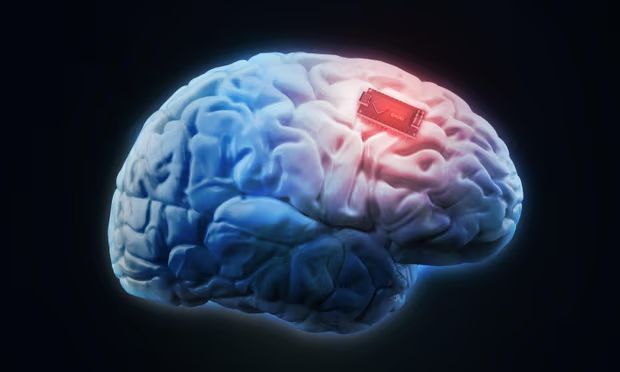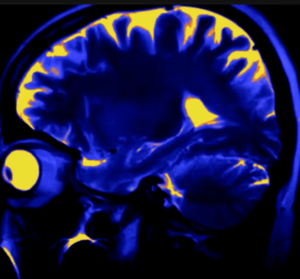/ Feb 25, 2026
Category: Wellness

Are You Singing Enough? A Music Therapist Breaks Down the Surprising Health Benefits
Singing is one of those rare activities that don’t require talent to be enjoyable — those of us who can’t carry a tune often have just as much fun as professional crooners. If you need proof, drop it on a karaoke night at your local bar. Partaking in song is one of the great joys […]
Read more

Why Do Our Brains Feel Foggy After a Bad Night’s Sleep? Scientists Think They Found the Answer
According to the research team, attention lapses due to sleep deprivation may coincide with the flushing of cerebrospinal fluid, or CSF, from the brain. That process, which normally occurs during sleep, helps to wash away waste products that have built up during the day and is believed to be necessary for maintaining healthy, normal brain […]
Read more

Lifting Weights Is a Flex for Your Body and Mind, No Matter Your Age
It sometimes seems like athletic exercise fiends in their 20s are the only ones weight lifting in the gym, but that isn’t the case — and absolutely shouldn’t be either. While that decade of your life is a great time to get into strength training, the truth is that adults of nearly all ages can […]
Read more

Being Organized Among Personality Traits That May Help You Live Longer, New Study Finds
We previously covered that gender equality may help increase longevity for both men and women — but while society continues making progress toward this systemic change, a new study has revealed how your individual personality could also impact your lifespan.
Read more

The Rise of DIY Healthcare
Healthcare is fast becoming a do-it-yourself project for patients.The trend comes amid a shortage of doctors, long wait times for appointments and an increasing prevalence of chronic diseases earlier in adulthood.
Read more

Advance Directives and Health Care Planning Resources after Diagnosis
Advance directives are legal documents that outline your preferences and apply only if you are unable to speak for yourself. When it comes to health care planning, advance directives can help share your wishes about medical treatment you’d like to receive in the event of an emergency.
Read more

Can I Prevent Dementia?
As you age, you may have concerns about the increased risk of dementia. You may have questions, too. Are there steps I can take to prevent it? Is there anything I can do to reduce my risk? There are currently no approaches that have been proven to prevent Alzheimer’s disease and related dementias. However, as […]
Read more

Getting Started With Caregiving
Caregiving can be overwhelming, especially at the beginning. Try to tackle one task at a time. The following offers some ways to get started.
Read more

Can saunas make you live longer?
Finnish sauna, Roman balneae, Japanese onsen, and Indigenous American sweat lodges are just a few examples of how cultures across the globe have long considered exposure to extreme temperatures therapeutic. But today scientists are only just beginning to unravel how and why this may be the case. So, what exactly is happening in your body […]
Read more








